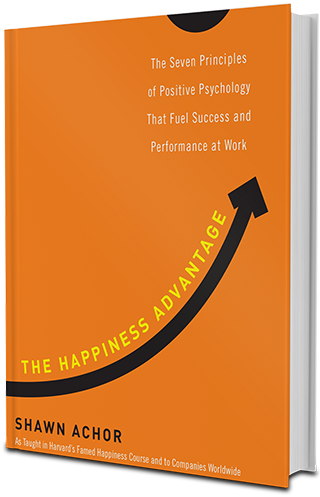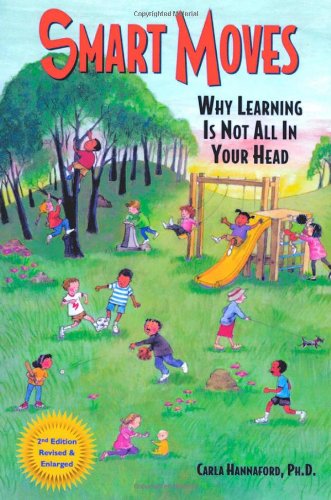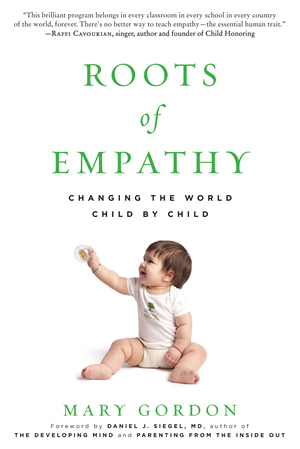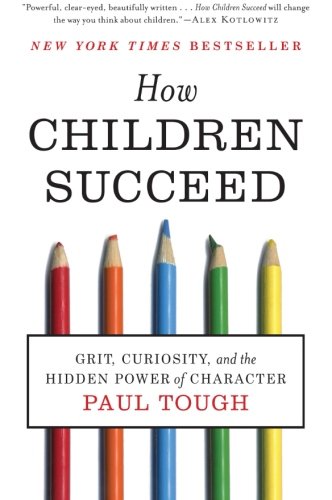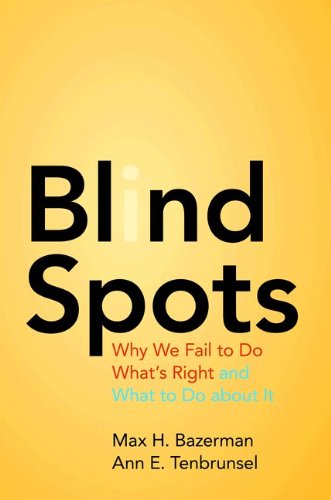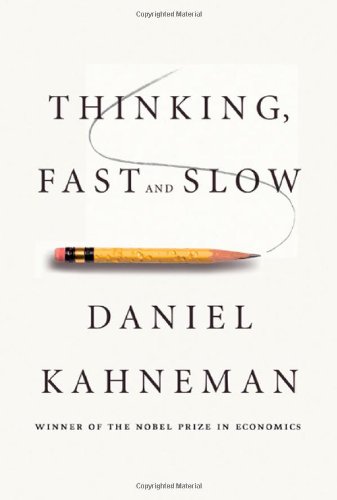
 Redirect lays out a set of techniques for achieving real, lasting change in our behaviour and improving our lives. Actually, this book doesn’t really tell you what to do — it isn’t a self-help book — instead, it describes why these techniques work so well (and also points out that many other ideas don’t).
Redirect lays out a set of techniques for achieving real, lasting change in our behaviour and improving our lives. Actually, this book doesn’t really tell you what to do — it isn’t a self-help book — instead, it describes why these techniques work so well (and also points out that many other ideas don’t).
Story-editing is a way to change behaviour indirectly, by changing the narratives we all have about the kinds of people we are, and the way we interpret the thing that happen to us. This is important because flawed concepts of ourselves and others leads us to all kinds of damaging cognitive errors (see also, for example, Mistakes Were Made (But Not By Me) and Blind Spots). All of us fall prey to these errors. Yes, that includes you. (Also, me.) Wilson also talks about story-prompting, subtle ways to influence behaviour for the better (or otherwise, as the advertising industry has discovered). This is covered thoroughly by another book, Nudge, which I have read but somehow forgot to write about.
Continue reading →
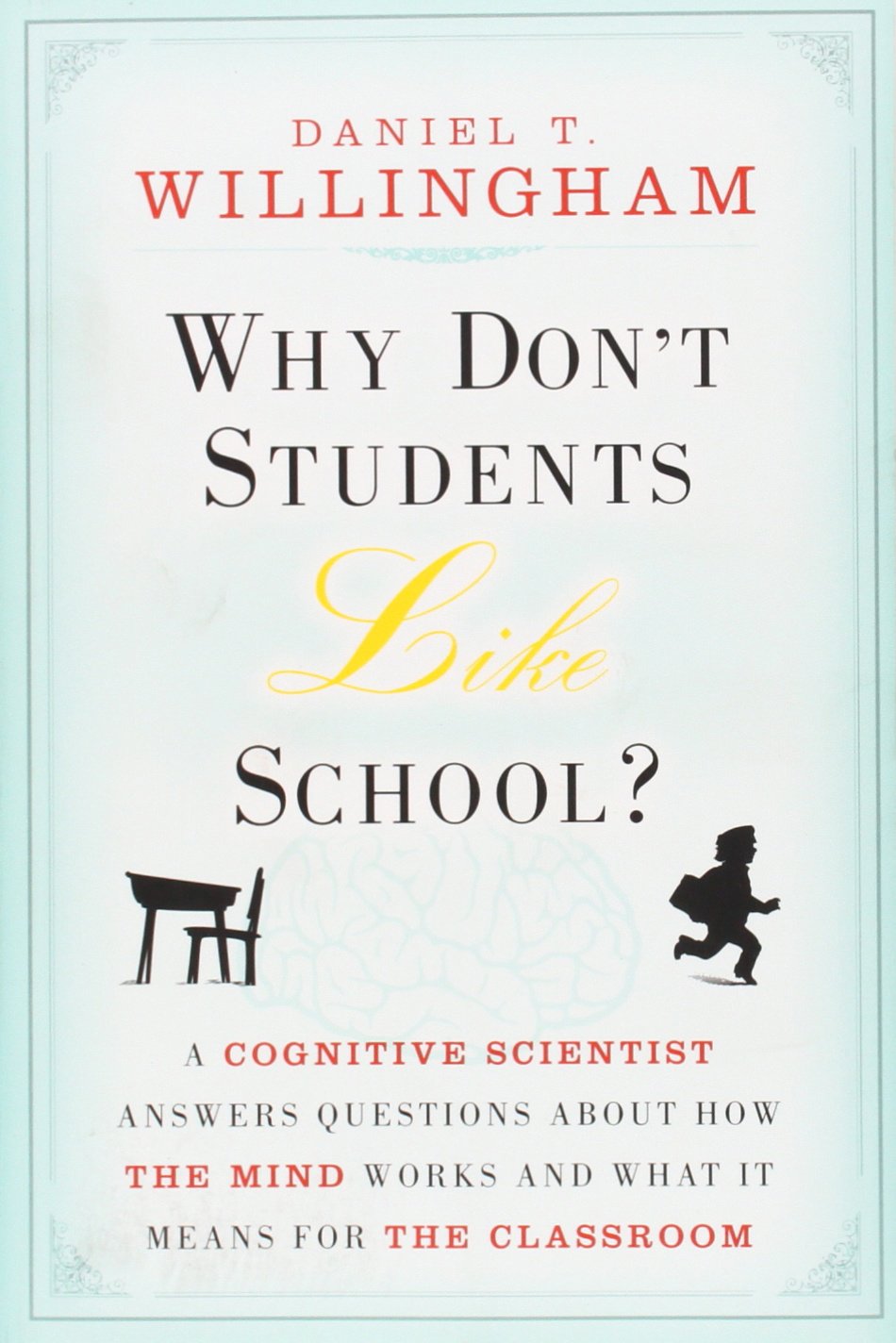
 Human well-being consists of more than just happiness. In this book, Martin Seligman presents one way of breaking down well-being into its components, so we can try to improve all of them and enable ourselves to flourish. PERMA is the acronym for the five components he identifies:
Human well-being consists of more than just happiness. In this book, Martin Seligman presents one way of breaking down well-being into its components, so we can try to improve all of them and enable ourselves to flourish. PERMA is the acronym for the five components he identifies: